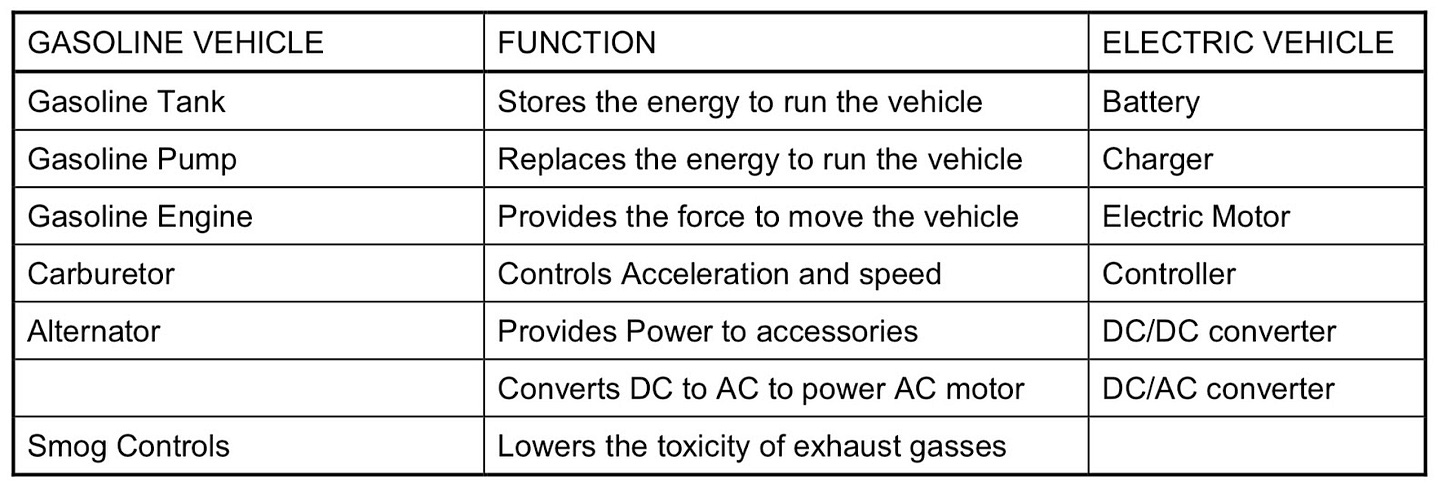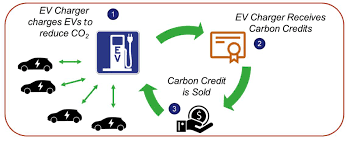Recently, Elon Musk tweeted saying ESG rating (Environment, social, & governance) is a scam. This happened after Tesla’s rating was downgraded, though he believes that Tesla is contributing to a cleaner world.
As always, his tweet draws a lot of attention. This time it shined the light on the sustainability of electric vehicles (EV).

Some friends were asking me what is wrong with Tesla and its ESG ratings and if EV is actually sustainable or not. Honestly, I don't have a straight answer. That's why I jumped into the rabbit hole to find the answers.
Here is what I’ve learned: the differences between EV and other vehicles, are EV actually sustainable, and why have we not changed all cars to EV.
What is an electric vehicle? What are the differences with other vehicles?
Before jumping to a conclusion, it's worth understanding any topic from the first principle, so what is a vehicle?
According to the Cambridge dictionary, a vehicle is a machine, usually with wheels and an engine, used for transporting people or goods, especially on land. Engine is the keyword, it provides the force to move the vehicle.
There are 3 main types of vehicles engine:
Steam engine: using wood or coal, burned outside the engine to produce steam to propel the engine’s components. As it's not practical to have an open burning stove in a car, steam engine vehicles never went mainstream.
Gasoline engine (aka internal combustion): burns gasoline to create an explosion to move the motors
Electrical engine: uses battery to create electrical current for the same purpose as the 2 previous engines.
Though all of these vehicles have the same purpose, the parts and mechanics are different. Here is a comparison between a gasoline vehicle and EV.
Source: Idaho national laboratory
I also learned that in the 1900s, electric vehicles were already available in the United States, competing with gasoline vehicles to attract customers. Gasoline vehicles eventually win the hearts and minds of American customers due to the longer travel range and lower cost thanks to the Ford assembly line.
Fast forward 100 years to the 2000s, gasoline vehicles or what we usually called “normal” cars, are still kings of the road.
Are EV actually sustainable?
Though electric vehicles are making a comeback, there is still a debate about the pros and cons, especially the question if it's really sustainable. Here is what I've found.
💨 Carbon emission
Unlike gasoline vehicles, electric vehicles do not produce direct carbon emissions during driving. Its emissions are mostly generated during production, charging, and end of life treatment.
One research found that across the full life cycle, electric vehicles have up to 80% lower emissions compared to gasoline vehicles.
What about the battery? The total emission from battery manufacturing and raw materials mining is relatively small in comparison to the emission from fuel consumption in gasoline vehicles.
In the last 5 years, we have also seen that emissions in battery production decrease by up to 50%. Thanks to the increasing scale and efficiency of battery production plants such as the Tesla Gigafactory and the increasing use of renewable energy in manufacturing.
Source: Transport & environment
⚒️ Rare earth Mining
Another criticism of electric vehicles is about the mining of rare earth minerals to produce the Lithium ion (L-ion) battery. L-ion battery is the most common battery used in various electrical devices, such as laptops, mobile phones, EV, and even airplanes. To produce it, large quantities of rare earth minerals such as lithium and cobalt are needed.
The traditional mining method of these minerals is through brine ponds, which means pumping out salty groundwater and drying it under the sun to let the water evaporate, and scrape the lithium left behind. It is a resource intensive process and requires a large amount of land.
New technology such as the direct lithium extraction method could help to reduce the negative impact. Energy X, a Texas based startup, is using mechanical separation techniques to create more efficient lithium processing with 10x output of traditional brine ponds method and with less water consumption.
Then there is also recycling. Redwood Materials, a company founded by Tesla co-founder JB Straubell, is trying to recycle batteries at scale and avoid the need to mine new materials.
⚡Bonus: Energy source, consumption, & carbon credit
Energy source: Unlike gasoline engines that can only run on fossil fuels, electric vehicles are energy agnostics. Any type of energy source can be used to charge its batteries, and renewable energy sources are increasingly being used.
Energy consumption: Due to the simpler mechanics, EV convert over 60% of grid energy to the wheel, compared to the 20% energy conversion of gasoline vehicles. Not just that, most EV has a regenerative braking system, which means that when the brake is stepped on to decelerate, the car will recapture the kinetic energy and convert it back into electricity.
Carbon credit: Charging point operators and EV owners can also benefit from carbon credits. EV credits are certified carbon credits (e.g. Verra) generated using EV charging systems, where greenhouse gas emission reductions are achieved by replacing vehicles that use fossil fuels with electrified vehicles. Gojek, one of the biggest ride hailing apps in Asia, is already working to generate carbon credits from hundreds of its EV in Singapore.
Source: Carbon neutral alliance
Why have we not changed all cars to EV?
Project drawdown, which compiles 100 lists of initiatives to fight climate change, listed EV as the number 24th most important initiative on the list. Lots of European countries have also set plans to ban the sale of gasoline vehicles by 2030.
However, changes will only happen with customer adoption. Our grand-grandparents replaced horses with cars not because horses are illegal, but because cars are faster, can travel longer, cheaper, and cleaner (fewer horse poop on the streets).
I believe that this will happen to EV as well. But why is it not happening yet?
Going back to the early days of EV in the 1900s, negative campaigns were targeted toward EV. The quiet and clean EV was portrayed as a Woman’s car, in contrast with the rugged gasoline engine that provided more power to explore the great outback.
A similar phenomenon also occurred in the 2000s when hybrid cars such as Prius were portrayed as a “weak” car in Hollywood movies. The documentary “Who killed the electric car” provides good reasoning why EV are not yet the kings of the roads.
Conclusion
From my short research, I found several arguments for why EV is more sustainable than other types of vehicles in some parameters, such as carbon emission and energy consumption.
However, sustainability is not always black and white. But it's clear that we need to keep innovating with technology to move to the new frontiers, with minimal harm to our environment.
Before fission powered flying cars are available in the market, EV is our best hope for now.
I hope Elon keeps tweeting and bringing more attention to important issues.
Thanks for reading this article and enjoy the weather ☀️.
PS: After Elon tweeted about the negative impact of Bitcoin last year, I also wrote an article to understand his point “Is Bitcoin sustainable?”.







